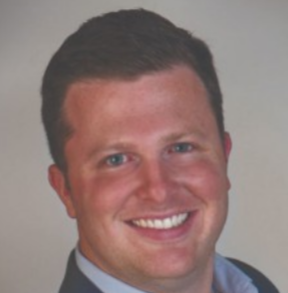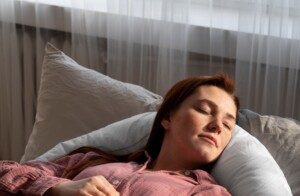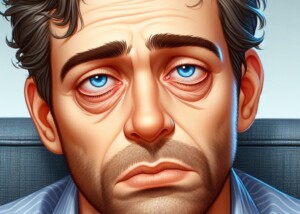If you’ve been grinding your teeth overnight (bruxism) you should undergo testing for obstructive sleep apnea.
Left untreated, sleep apnea can lead to very serious health problems.
“Bruxism, or grinding of your teeth, is often a common side effect for patients with sleep breathing disorders such as obstructive sleep apnea,” says Marco L. Tironi, DDS, who practices dentistry in Rochester, MI.
A Link Between Bruxism and Sleep Apnea Exists
“Many studies have shown that upwards of 25% of OSA sufferers also suffer from nocturnal bruxism,” says Dr. Tironi.
“The exact link is unknown. However, it is believed that continued arousals caused by upper airway resistance lead to a stress response and increased activity in the jaw muscles.
“In addition, many believe that when upper airway tissues collapse, the brain is stimulated to promote muscle tightening to stiffen the sides of the airway.
“In doing so, you also tighten the muscles of mastication used to chew and bite.”
Grinding your teeth in your sleep, of course, doesn’t automatically mean you have obstructive sleep apnea.
But it definitely means that you should ask your primary care physician about having a sleep study done. This is the only way to determine if you have OSA.
This test can be done at home or in a sleep lab. A doctor cannot diagnose OSA without an overnight sleep study.
Being Thin and Young Does Not Rule Out OSA
If you have bruxism but are in your 30s or even 20s, and/or are on the thin side, this does not mean you can’t have sleep disordered breathing.
A young thin person can still have upper airway resistance overnight. Older age and obesity are only two of many risk factors for OSA.
Sometimes, mild sleep apnea can be mitigated by a custom-made mouth piece that your dentist can fashion. These are referred to as oral appliances.
A repeat sleep study, while the patient is wearing the device, would be needed to record its effectiveness.
When Bruxism Isn’t Related to Sleep Apnea
“Finally, bruxism may be a defense mechanism of the body to prevent GERD (gastroesophageal reflux disease) by signaling the jaw muscles to tense up to create a barrier against reflux,” says Dr. Tironi.
 A member of the Academy of General Dentistry, Dr. Tironi is trained in sedation dentistry, dental implantology, orthodontics and dentofacial orthopedics.
A member of the Academy of General Dentistry, Dr. Tironi is trained in sedation dentistry, dental implantology, orthodontics and dentofacial orthopedics.
 Lorra Garrick has been covering medical, fitness and cybersecurity topics for many years, having written thousands of articles for print magazines and websites, including as a ghostwriter. She’s also a former ACE-certified personal trainer.
Lorra Garrick has been covering medical, fitness and cybersecurity topics for many years, having written thousands of articles for print magazines and websites, including as a ghostwriter. She’s also a former ACE-certified personal trainer.
.



























